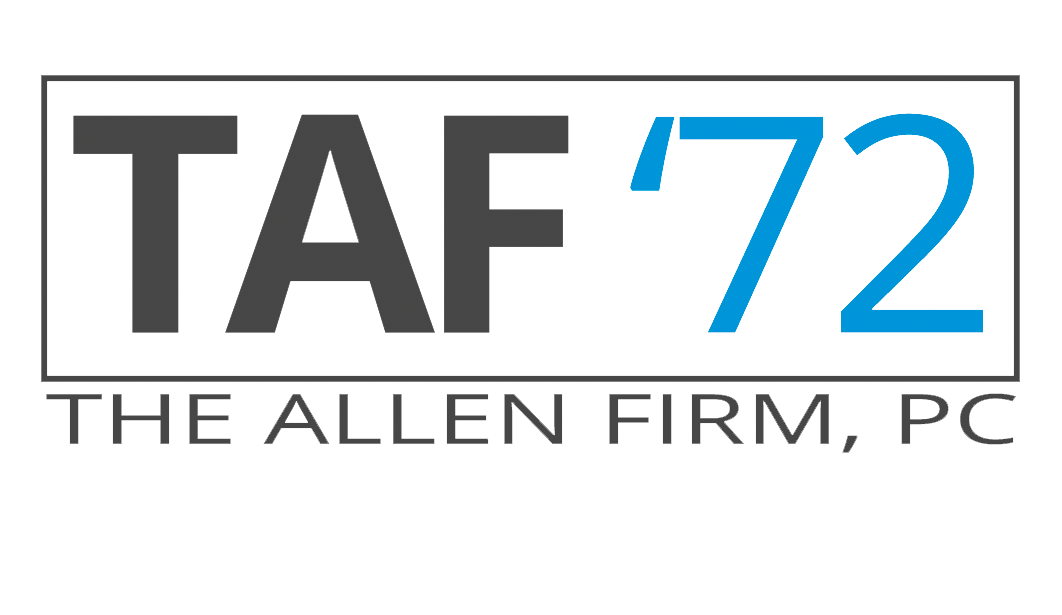The primary duty of a director is to attend director meetings and act in the best interest of the nonprofit. A board of directors for a nonprofit also has three duties under the Texas Business Organizations Code: obedience or good faith, duty of care, and the duty of loyalty.
The duty of obedience means the directors need to not only understand the mission of the organization, but also seek to further that mission through their actions. Directors must act in accordance with state and federal law. A director also much comply with the bylaws and tax-exempt status of the nonprofit.
A duty of care means that a director is required to act with good judgment and common sense. A director should be committed to their responsibilities as well as reviewing the course of action of the nonprofit. A director should be ready to ask questions and devote time to making sure the nonprofit is adhering to its mission when making decisions.
A duty of loyalty means a director should be able to put the nonprofit’s interest above their personal interest or business interests. This means a nonprofit should avoid doing business with a board member. While there may be board members who can offer services the nonprofit needs, it is not advised to enter into a business transaction with a board member.
When choosing board members, it is important to keep these three statutory duties in mind as well as the nonprofits bylaws and area of operation. If a potential board member practices in that area, it may be best to reconsider adding that member due to a possible conflict of interest.
A board member should also be able to attend to corporate business and be able to make it to meetings. Teleconference meetings are acceptable; just be sure everyone can be heard. A quorum will still be required for the board to act. Alternatively, the members may consent to the action by having all members sign a unanimous written consent approving the particular action.
The Takeaway: When choosing board members for a nonprofit be sure to keep the nonprofits mission and bylaws in mind as well as the statutory duties for each member. It is best to avoid potential conflict of interests and doing business with board members.
– The Business Team
Scott | Josh | Jeremy
The Allen Firm, PC
181 S. Graham Street | Stephenville, Texas 76401
Ph: 254.965.3185 | Fax: 254.965.6539

